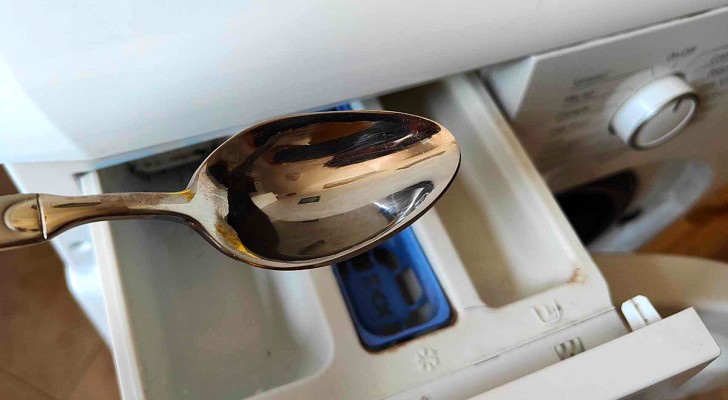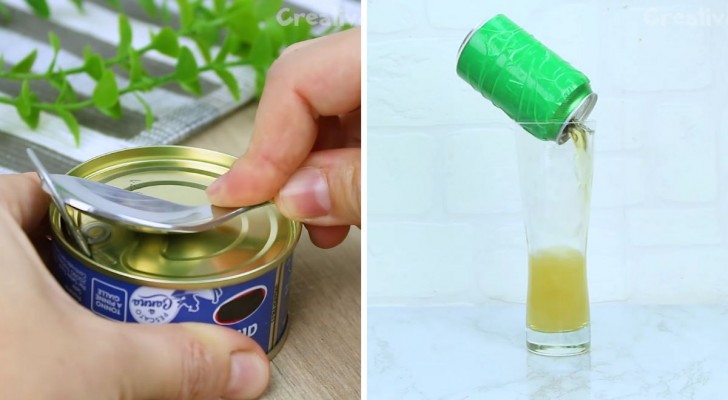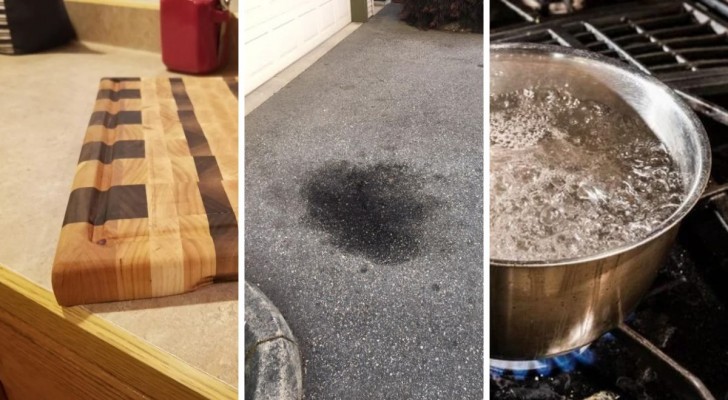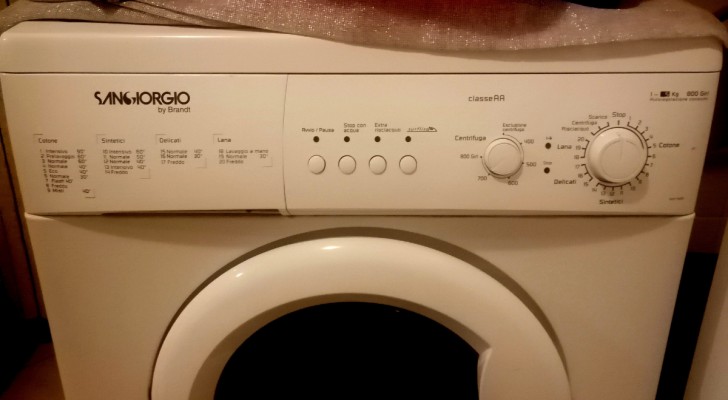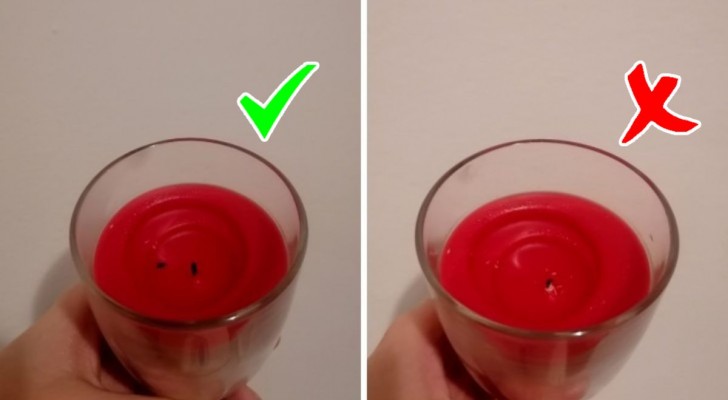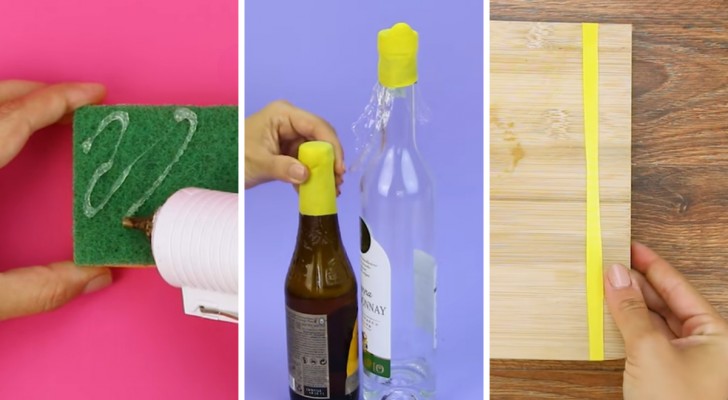Drying clothes on the radiator without creating excessive humidity: here are the tips to do this
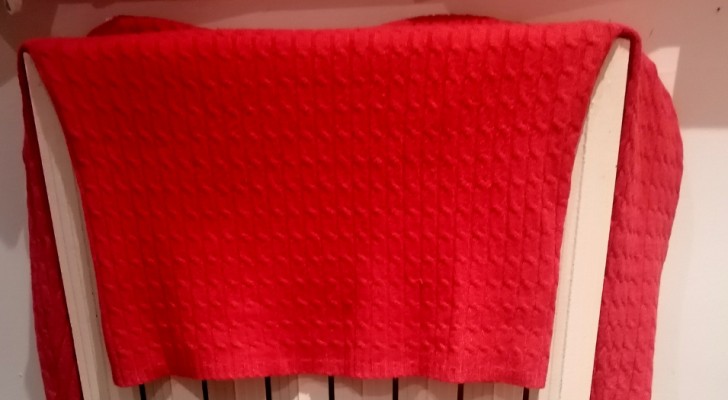
Drying clothes in winter often becomes a real pain. The cold, the rain and the high level of humidity make this task extremely difficult.
Other than a clothes dryer, the most used method of drying clothes is to use the radiators. Who has never dried clothes on a radiator? It is a practice that many use. And while this method is useful for drying laundry faster, it can raise the humidity levels in the home to unpleasant and unhealthy levels.
There are, however, ways to avoid humidity build-up or, at the very least, to reduce it. With the right steps and precautions, it is possible to dry clothes on the heaters without causing too much collateral, humidity-related damage.
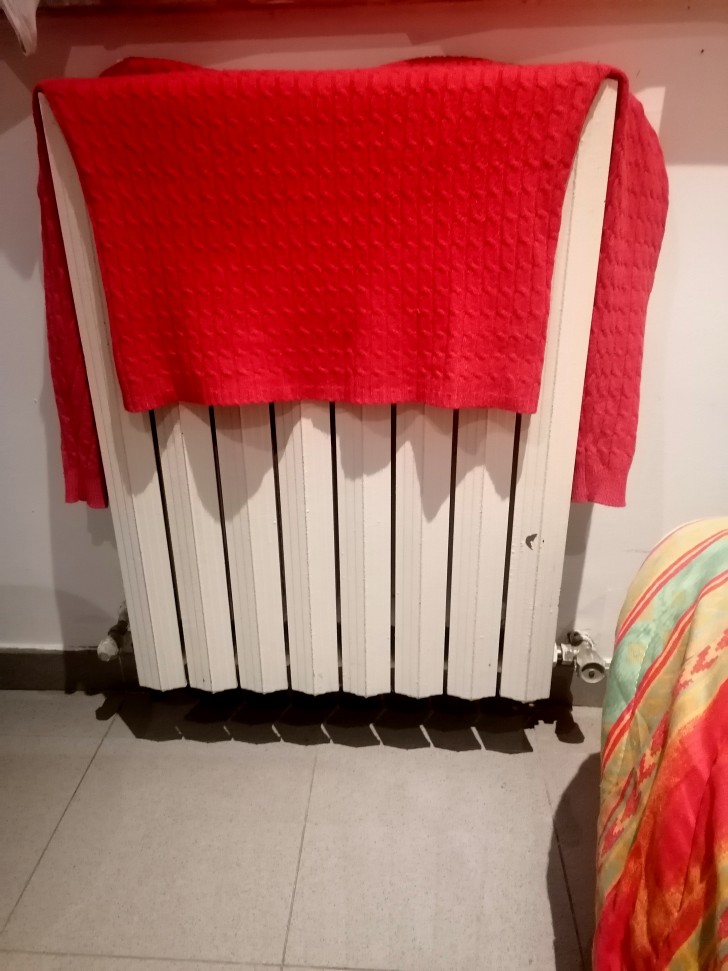
Creativo
If you have to dry your laundry on the radiators, take some steps that can make the difference in reducing humidity build-up:
- Use a clothes horse: instead of piling up all the clothes on top of the radiator (causing the degree of humidity in the house to rise suddenly), put them on a clothes horse which you can then position in front of the radiator itself. Wet clothes will not be in direct contact with the heat source, but will still benefit from it, drying faster. The degree of humidity will be lower and the heat will be able to spread throughout the house. Among other advantages, then, there is also reduced energy consumption.
- Select small-sized clothes: if you are unable to put everything on the clothes horse, choose small-sized clothes (such as underwear) to place on the radiator and leave the larger ones on the clothes horse. In all cases, never creating multiple layers of clothes on the radiator. Doing so will stop the radiator functioning properly and will put a lot of humidity into the home environment.
- Avoid dry clothes inbedrooms: to dry clothes, choose rooms that already have a significant degree of humidity, such as the bathroom. Avoid rooms where you sleep and where the air must be as clean and pure as possible. The risk of mold and fungi developing is high in humid areas and it is therefore best not to use bedrooms.
- Air the house out: even if it's very cold, opening windows and balconies to change the air while you are drying clothes will help keep the environment healthier and less humid.
- Use rice or salt to absorb excess moisture: It seems that some foodstuffs like rice and rock salt can dehumidify the air by absorbing excess moisture. Place a small bowl of salt or rice at the foot of the radiator, next to the clothes. You will notice a difference right away.
Did you already know about any of these tips?
